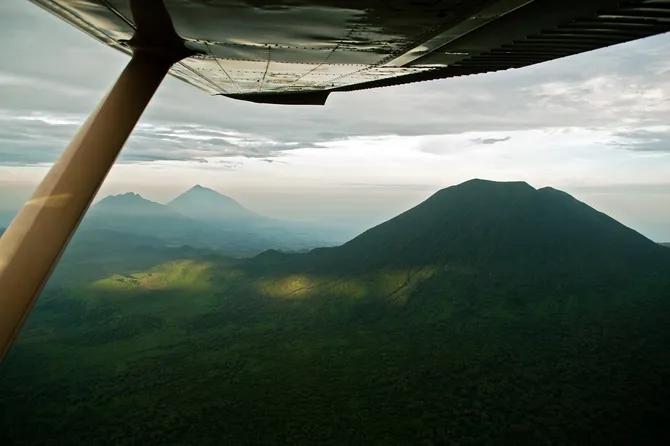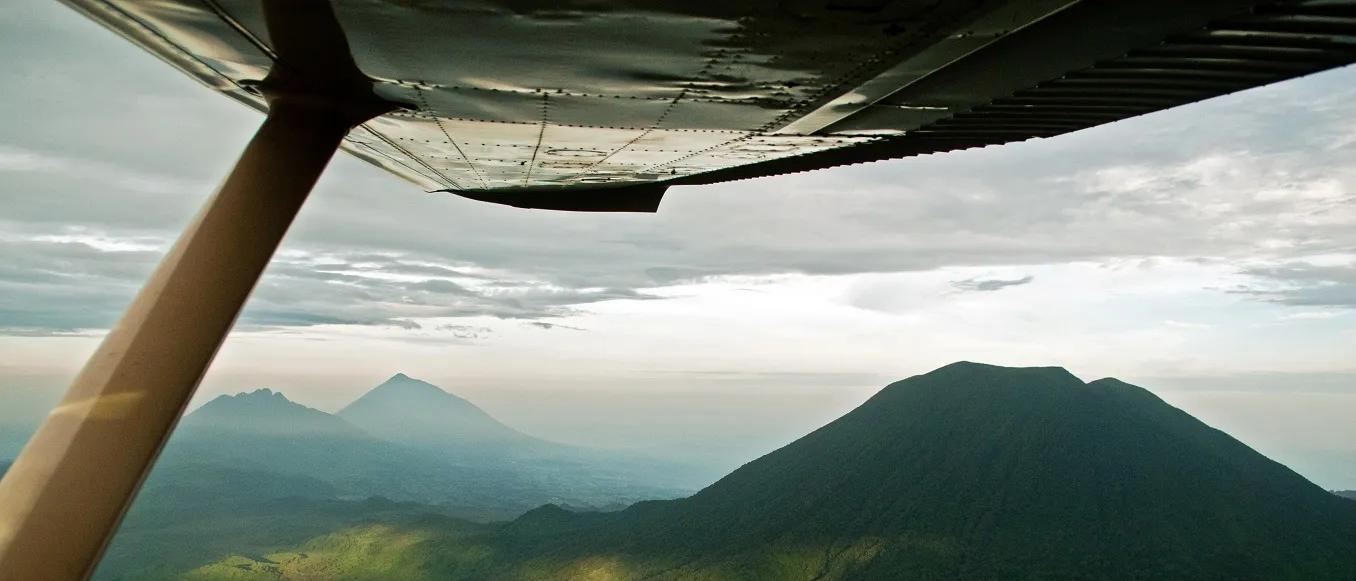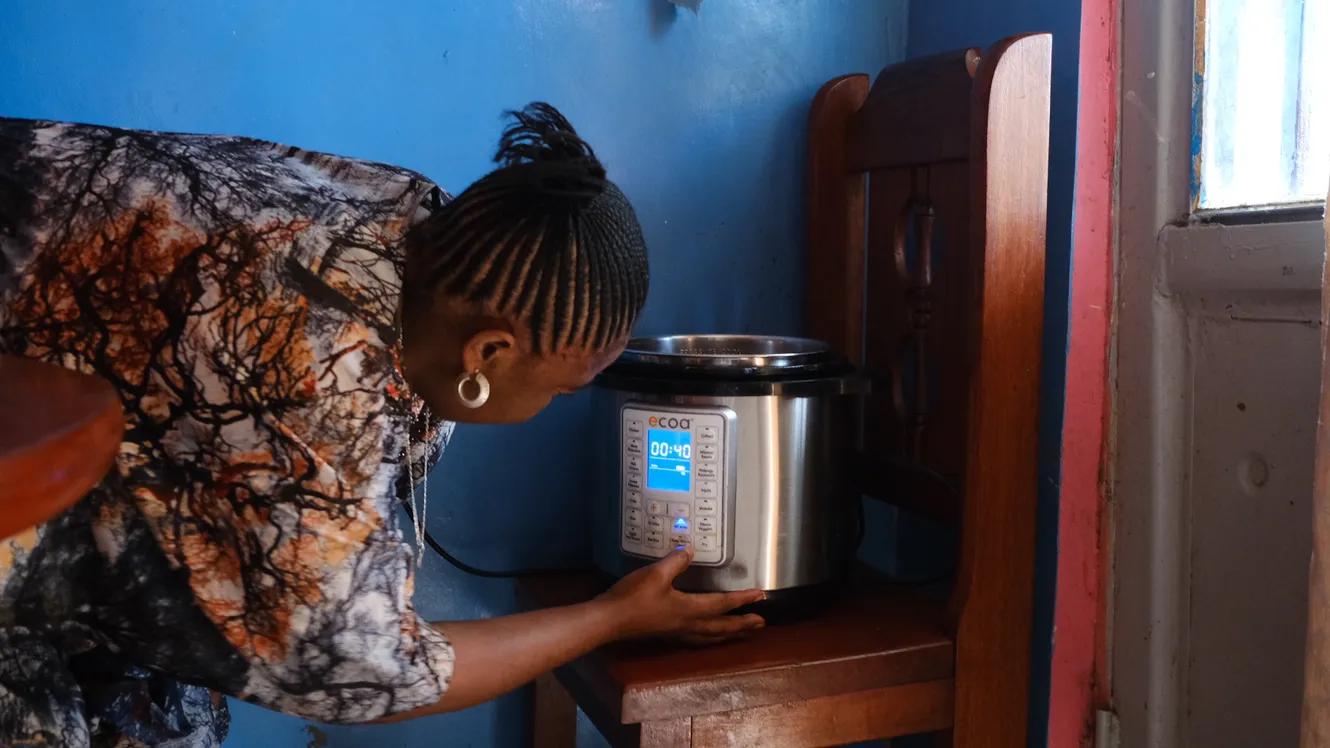Benin
Health
Training dogs to detect breast cancer, a method for screening disadvantaged women in Benin
Impact
News and Insights
Since 2022, a project in the Democratic Republic of Congo has been trialing the use of electric cookers as an alternative to charcoal, to help limit the ongoing massive deforestation in the Virunga, Africa's oldest natural park, located in the east of the country. FID financed the first phase of the project evaluation, which demonstrated widespread take-up of this cooking method by households in the city of Goma. In view of these promising results, Virunga Energies aims to provide 52,000 households with electric cookers by 2029. In this second phase, co-financed by the European Union, FID financing will be used to support their distribution and assess whether this scale-up reduces charcoal consumption and limits its production in the park, in partnership with research teams from the University of Antwerp and the Center of Environmental Economics (Montpellier).
Project ported by:


In Goma, over 90% of households use charcoal for cooking. Timber plantations are not large enough to meet the exponential demand for fuel. As a result, most of the demand is met by charcoal illegally produced by armed groups in protected forests of the UNESCO World Heritage Virunga National Park, thus fueling conflicts and threatening the natural habitat of endangered species like the mountain gorilla.
As highlighted by Sébastien Desbureaux, researcher for the Center for Environmental Economics – Montpellier (CEE-M), research has shown that the pollution caused by cooking with this type of energy has a major environmental (CO2 emissions and deforestation) and social (health and human well-being) impact, and that cleaner energy alternatives are available that have already proven effective.

The project co-developed by Virunga Energies, the Virunga Foundation, CEE-M, and the University of Antwerp (IOB) relies on the assumption that the gradual replacement of charcoal by the use of an electric pressure cooker can contribute to curbing deforestation, reducing household energy costs, and contributing to peace in the area.
The project provides an electric pressure cooker, fully subsidised by the hydroelectric power social enterprise, Virunga Energies, which is 100% owned by Virunga National Park. The resulting increase in electricity expenditure by beneficiary households would eventually create a return on investment for the company, while reducing demand for charcoal.
Between 2022 and 2024, the project was awarded "Impact Evaluation" financing by the FID to trial various methods that encourage the take-up of electric pressure cookers. This grant covered the purchase of equipment, electricity costs, environmental awareness activities, and an impact assessment of this proposed new cooking method on household charcoal use and demand.
In 2025, in partnership with the European Union, a long-standing supporter of the Virunga National Park, FID will provide a "scale-up" grant for the project's second phase, which, following the positive results of the first phase, will be used by Virunga Energies to accelerate take-up in Goma, by equipping 52,000 households with electric cookers by 2029. The Virunga company will import and sell the electric cookers at a subsidized price of $20, with a 3-year warranty, as well as running on-site repair workshops, and introducing price smoothing measures for lower-income households.
Two new initiatives will also be trialed: the addition of induction hobs to diversify uses and a “cook to earn” program that rewards households using electric cookers with income from carbon credits, thereby reducing their energy bills.
Through its work with the CEE-M and the University of Antwerp, the team aims to assess the impact of the widespread use of electric cookers, including the introduction of these two new technologies, on households and the Virunga National Park.

The scale-up of the project in Goma will involve:
If the model proves effective beyond Goma and North Kivu, it could be replicated in other regions of the DRC or in other countries. By promoting electricity consumption as a substitute for biomass in households, this model could be integrated into larger electricity access programs.

The project partners performed an impact assessment involving 1,600 households in Goma. Virunga Energies provided electric cookers to a sample group representing two thirds of households, distributed during practical training sessions, where beneficiaries were given advice on how to use the cookers and tried them out as a group. Two sub-groups were also given a voucher covering firstly, the cost of electricity for one month, and secondly, awareness-raising activities on environmental and safety issues in the region. Results were obtained by continuously monitoring their electricity charges, weighing charcoal ash, and conducting surveys among the households six and twelve months after the pressure cookers were distributed.
In February 2024, the research team posted the mid-term findings of this test, ahead of a final survey slated for the end of year. The final results are now available.

The majority of the households targeted by the project have adopted electric cooking for the long term. Furthermore, energy costs per household were significantly reduced ($5.76 less per month per household).
The social and environmental benefits of adopting electric cookers are also significant, including:
While it has not yet been possible to measure either the direct impact of electric cooking on health, or the more indirect effects on improving safety in the area, these factors could be assessed at a later stage when scaling-up the project.
The impact assessment thus confirms the existence of a real demand for alternative cooking methods, while highlighting the need for both financial and social support to ensure the sustainability of social and environmental co-benefits.
According to projections by the research team, the project’s business model could be scaled up significantly, with the electricity distributor, Virunga Energies, increasing its customer base from 20-25,000 currently to 50-60,000 by 2029-2030.
Sébastien Desbureaux is a postdoctoral researcher at CEE-M He headed the Virunga Foundation's Monitoring & Evaluation department in 2019-2021.
Marijke Verpoorten is Associate Professor of Economics at the University of Antwerp.
Lara Collart has been a doctoral student at the University of Antwerp since 2022, specializing in evaluation programs.
Nik Stoop is a senior researcher at the Institute of Development Policy at the University of Antwerp.
Christine Cikesa is a doctoral student at the Catholic University of Bukavu and the Institute of Development Policy at the University of Antwerp.
Projects
Projects funded by FID